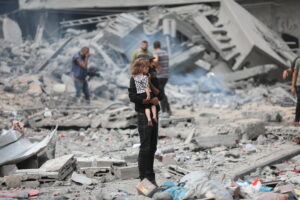
A Ramadan in Mourning in Gaza
Living through a Ramadan like no other, an Islamic Relief aid worker in Gaza mourns and reflects on Ramadans gone by.

UP TO DATE as of 18/4/2024
In Gaza, the toll of the ongoing conflict is staggering: over 33,800 Palestinians killed, including more than 14,000 Children and 9,000 women.
Tens of thousands more are injured, over a million displaced, and hospitals on the brink of collapse. It’s a dire humanitarian crisis needing urgent attention.
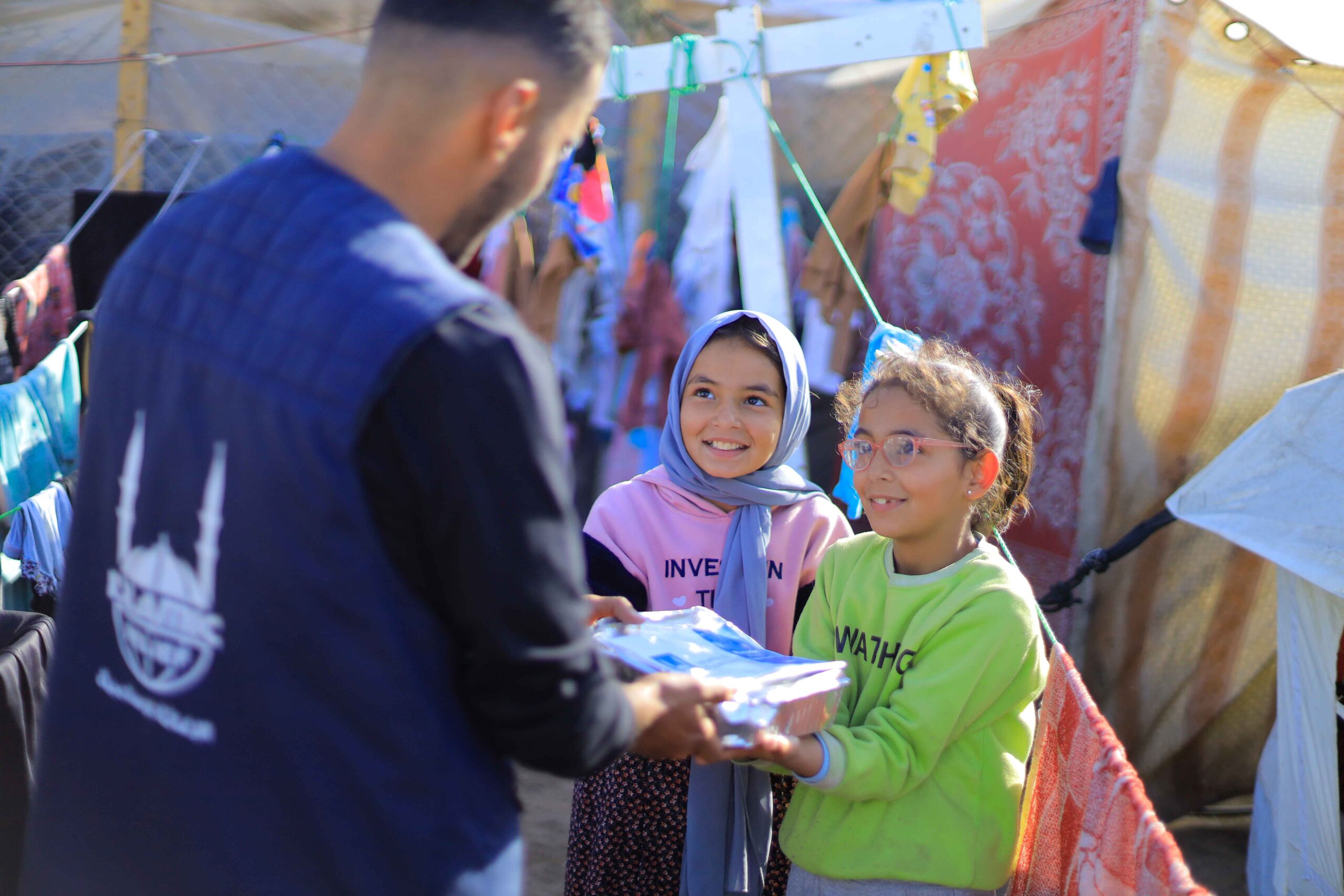
The death toll had tragically climbed to well over 33,800, with a heartbreaking 14,560 children and 9,582 women among the casualties.
So far, we’ve distributed:
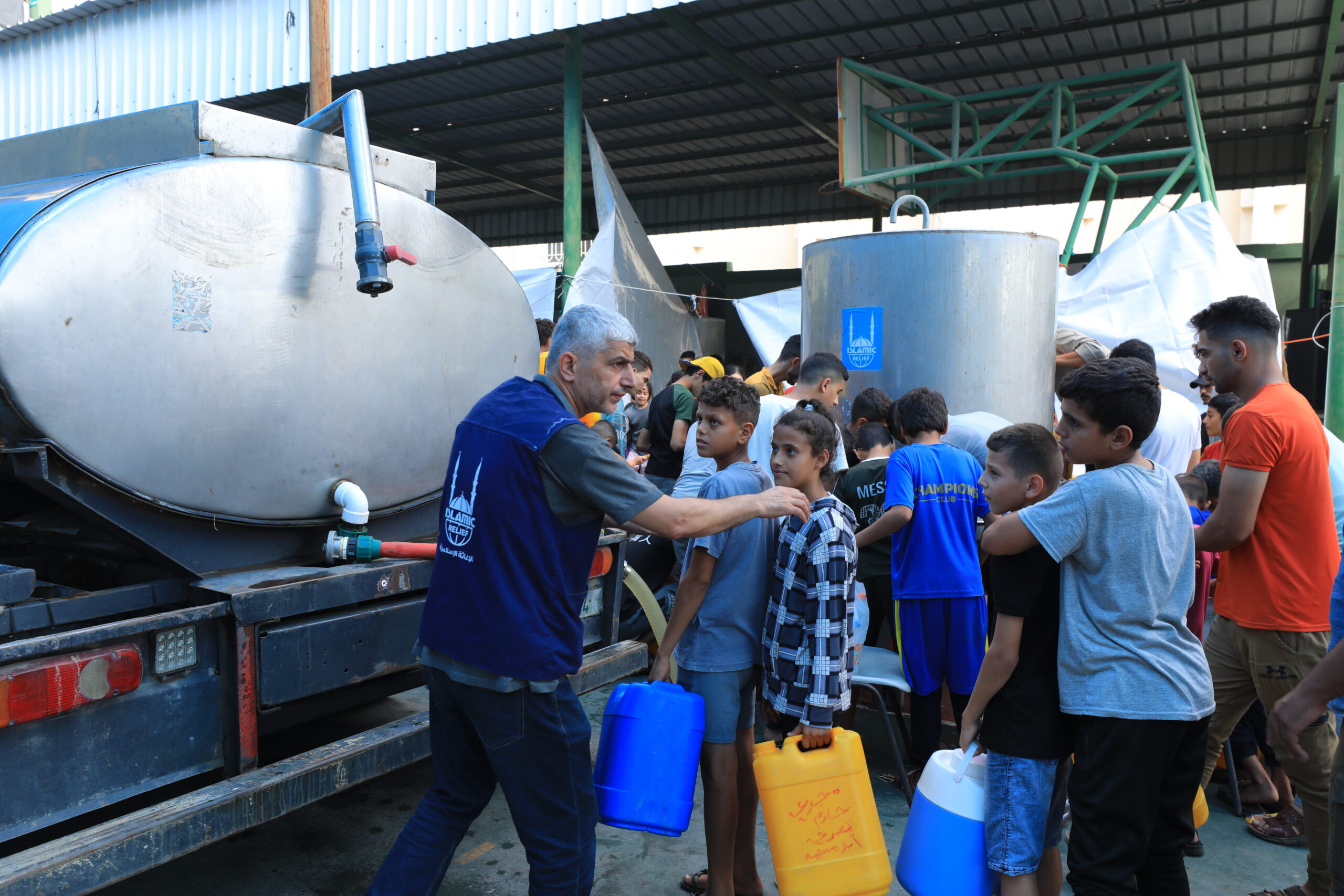
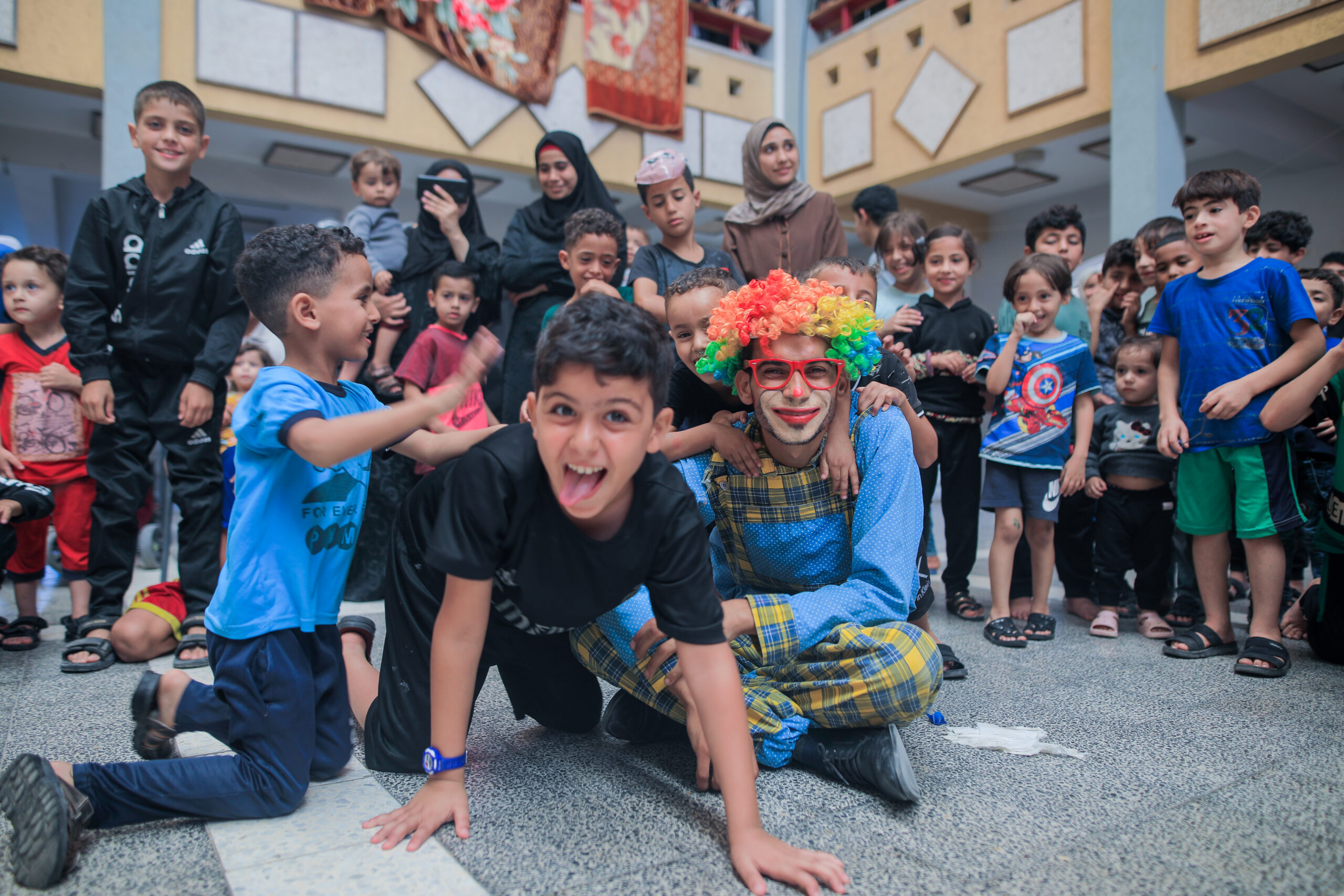
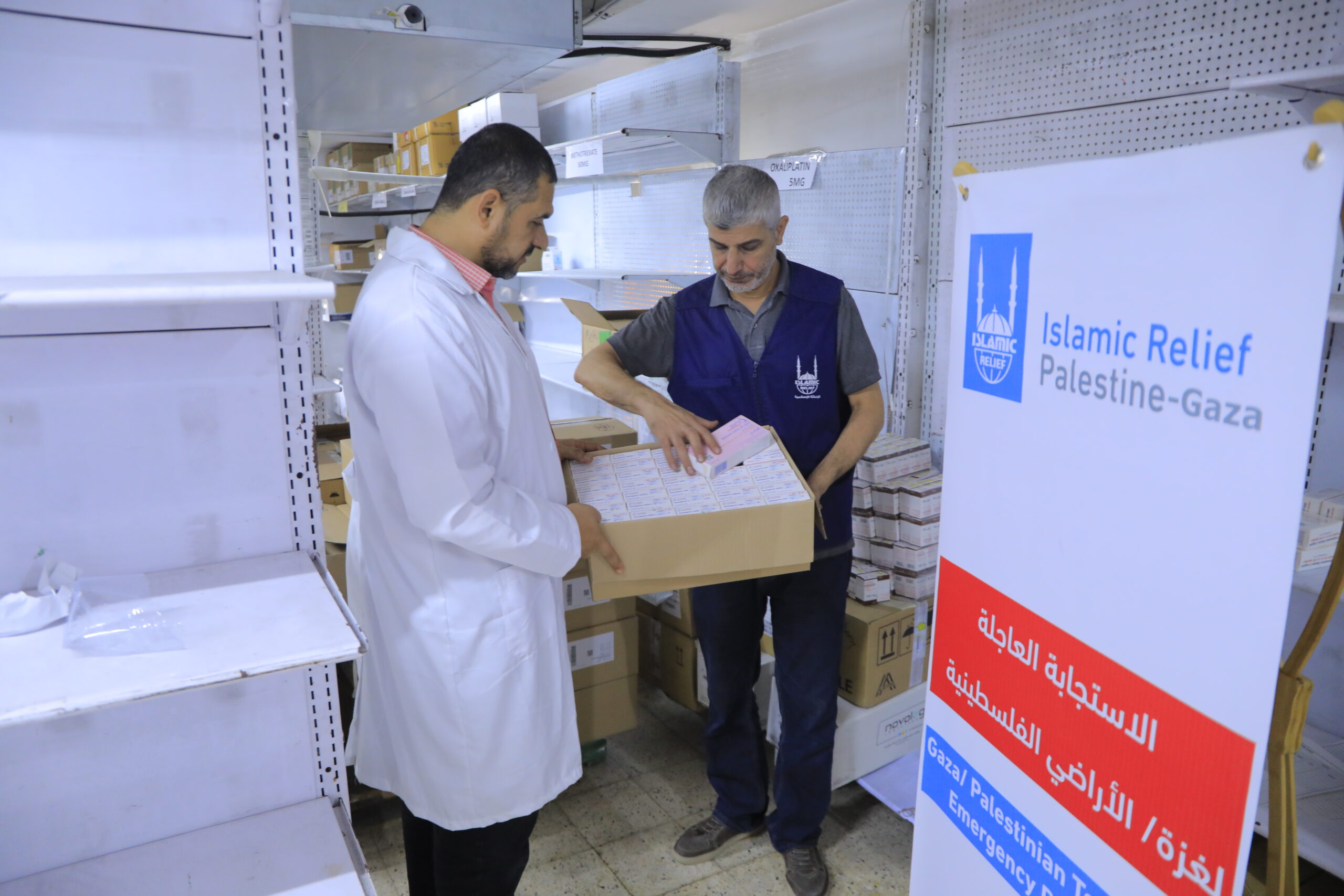
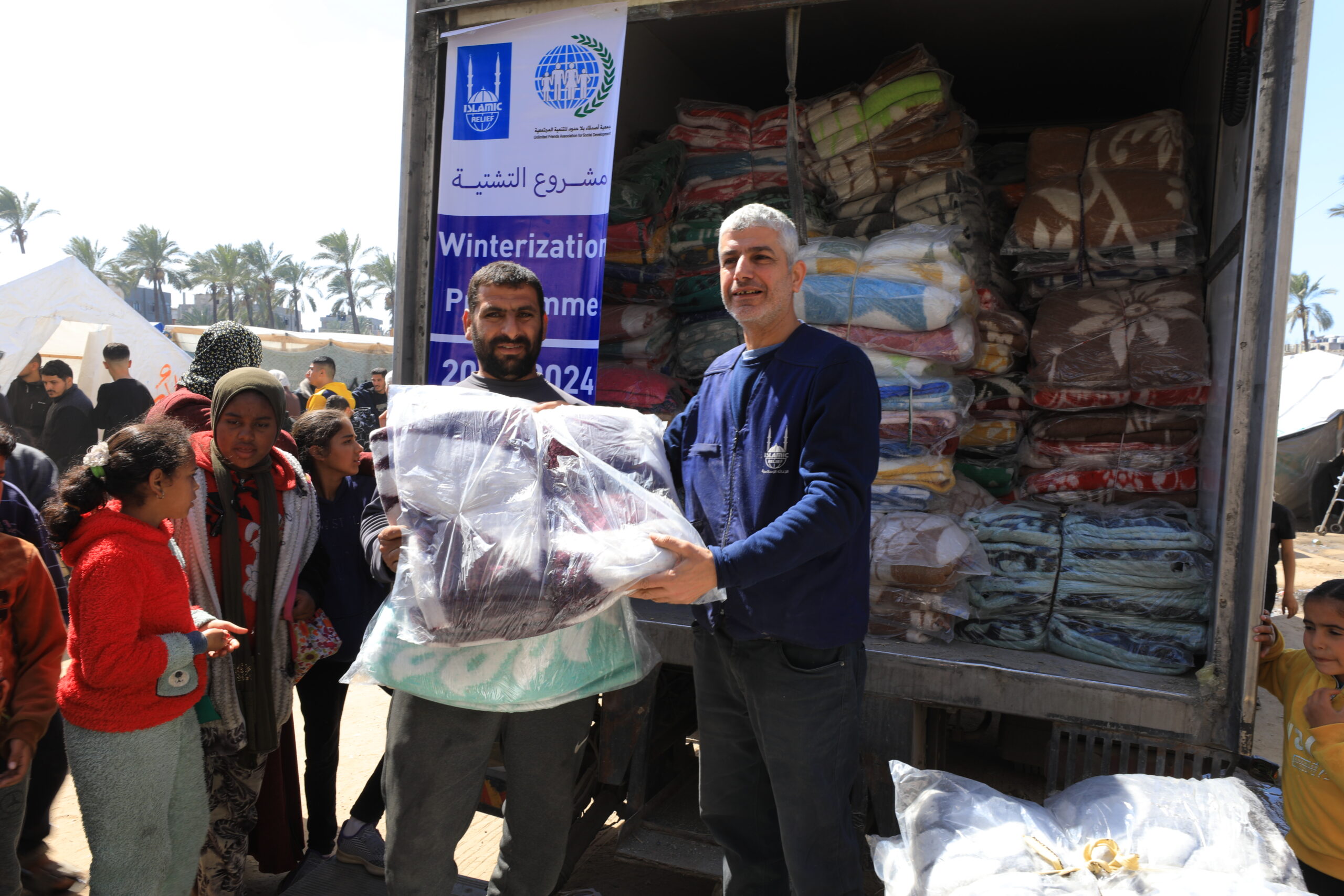
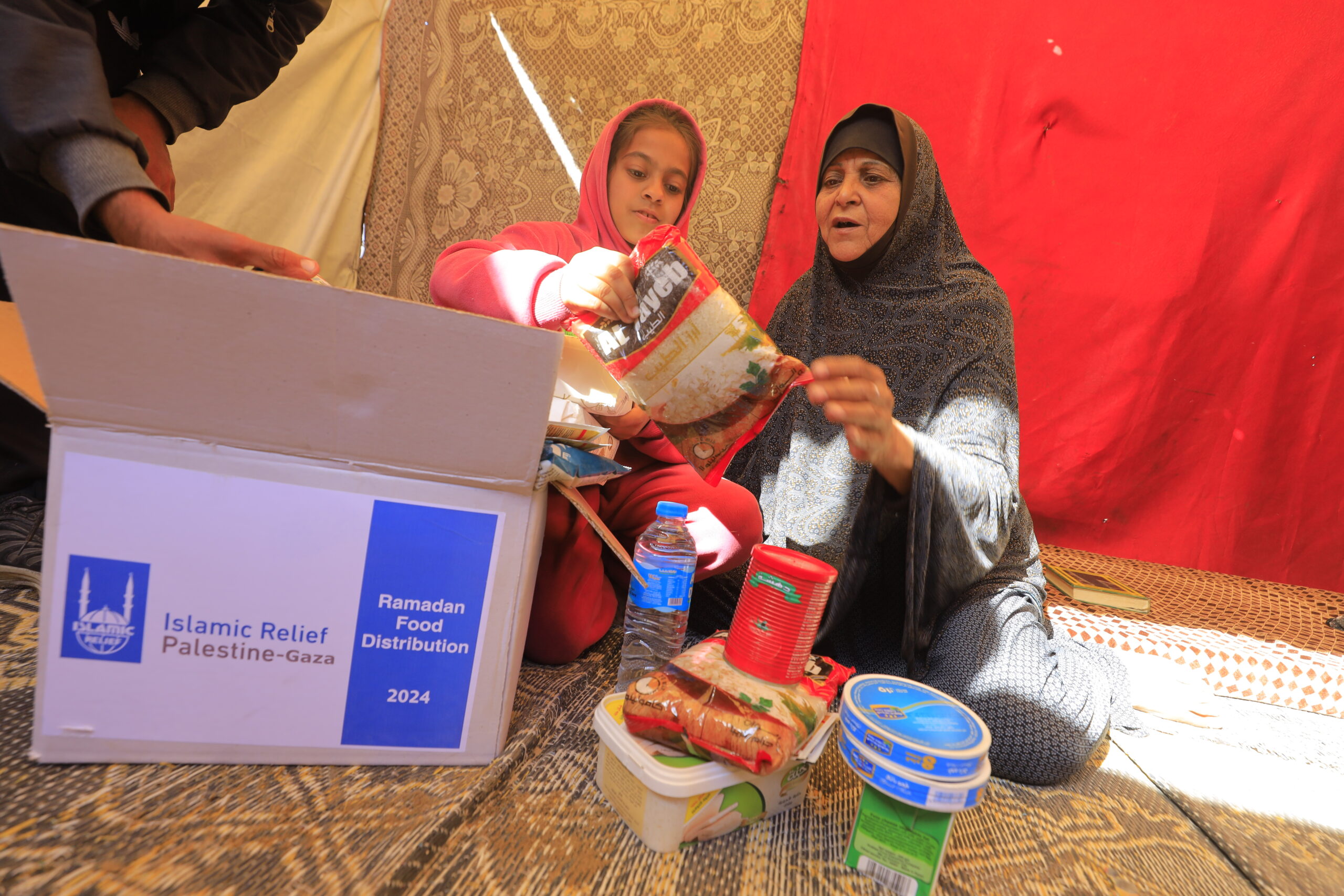
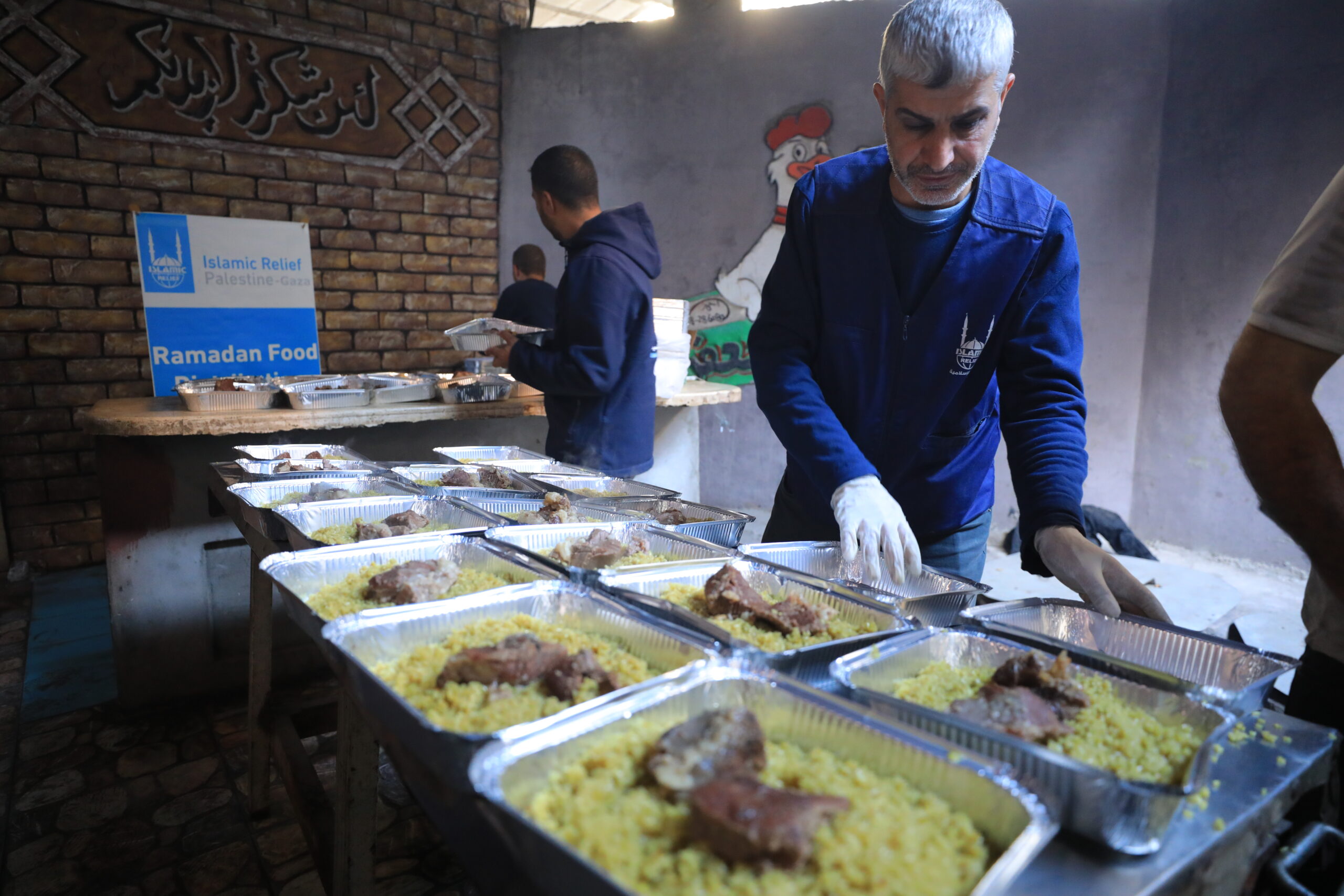
UPDATE on Events So Far
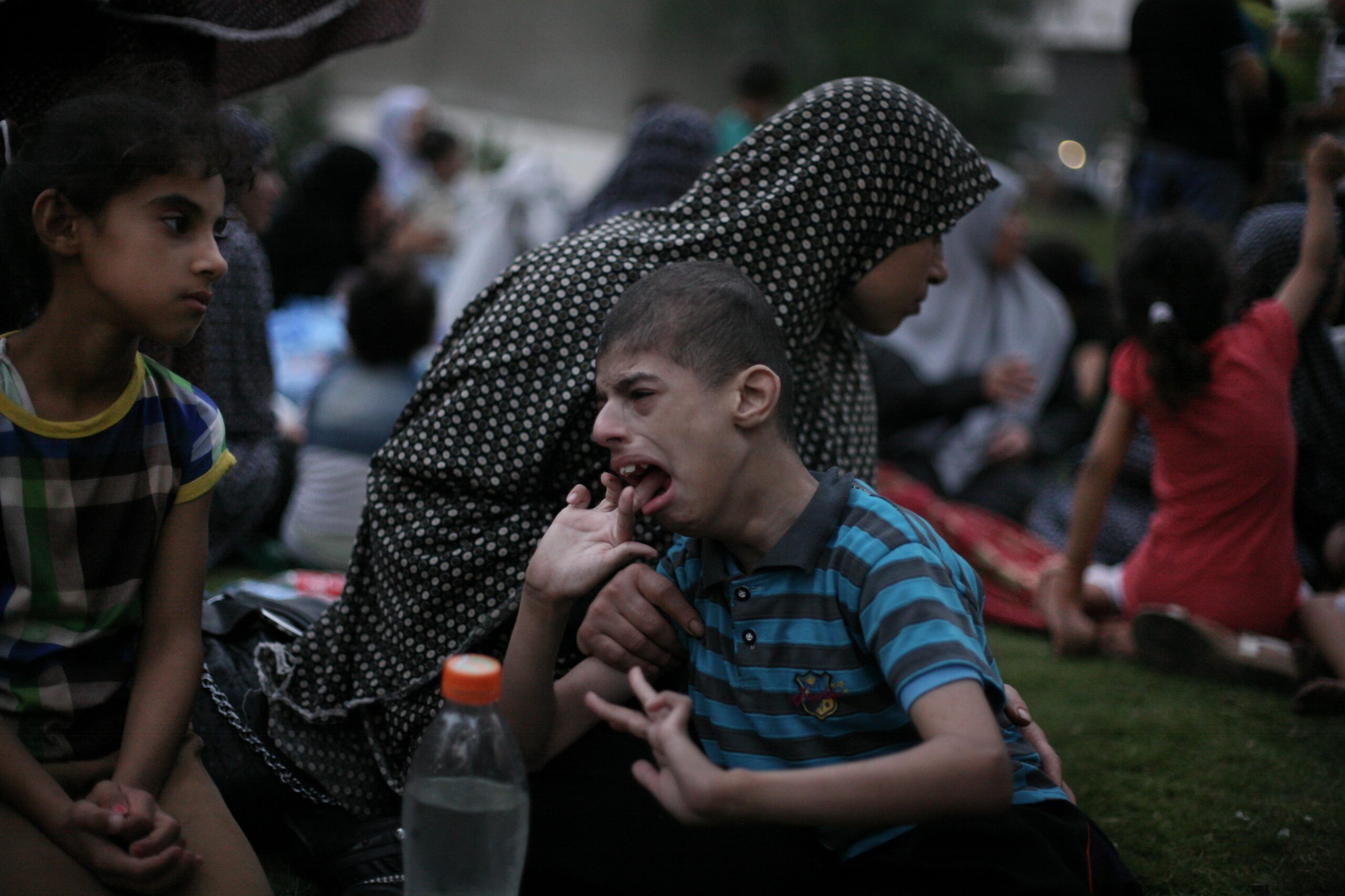
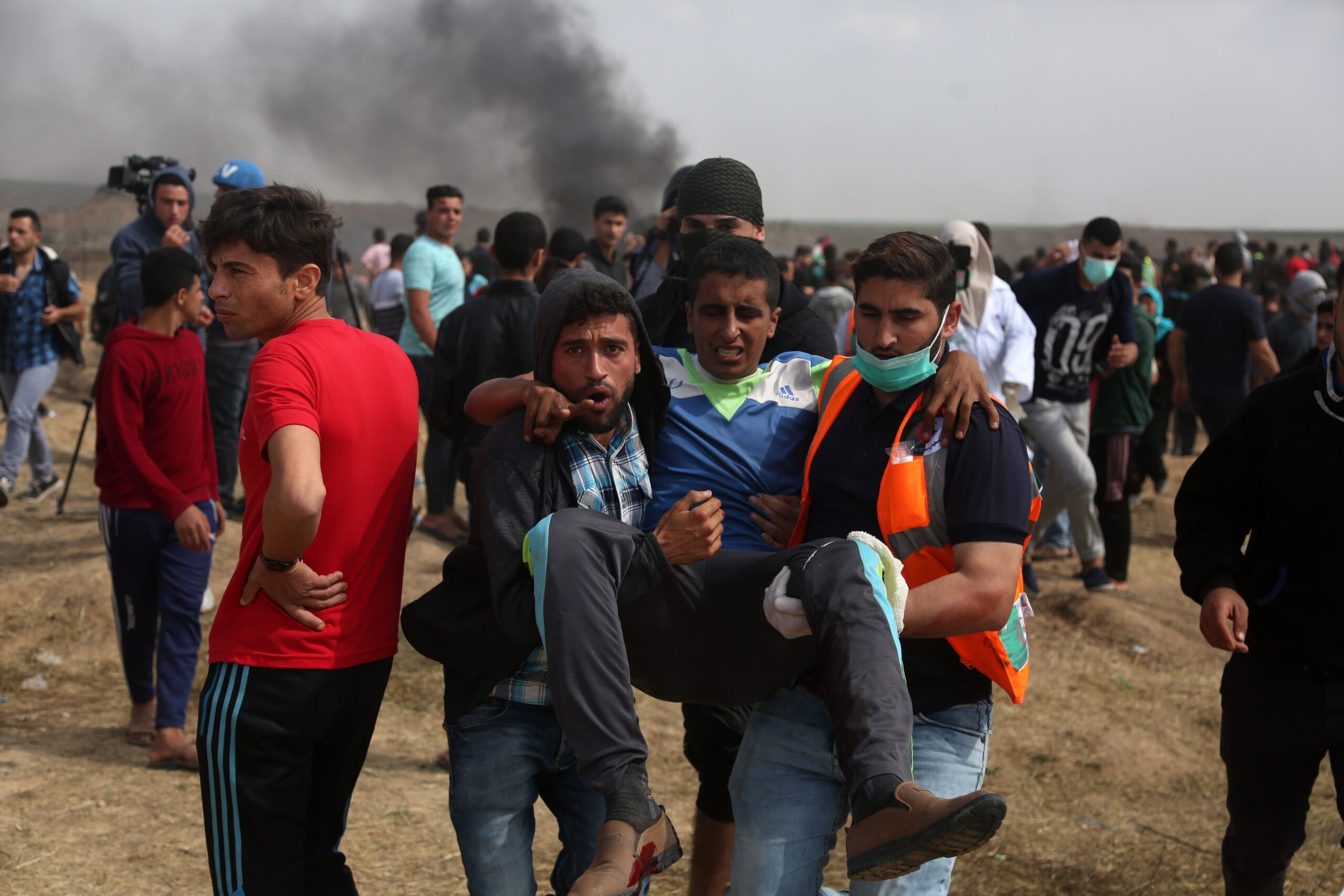
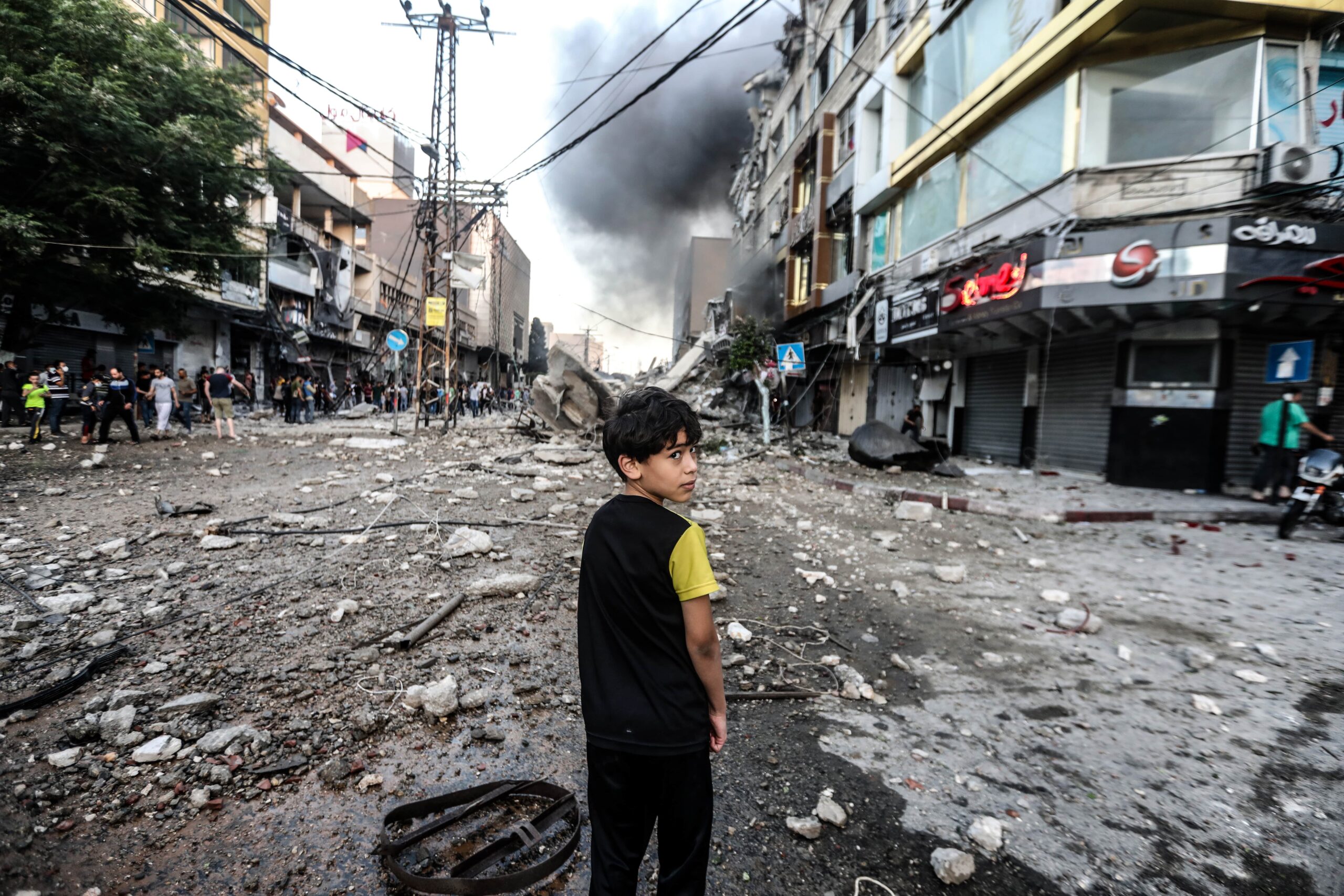
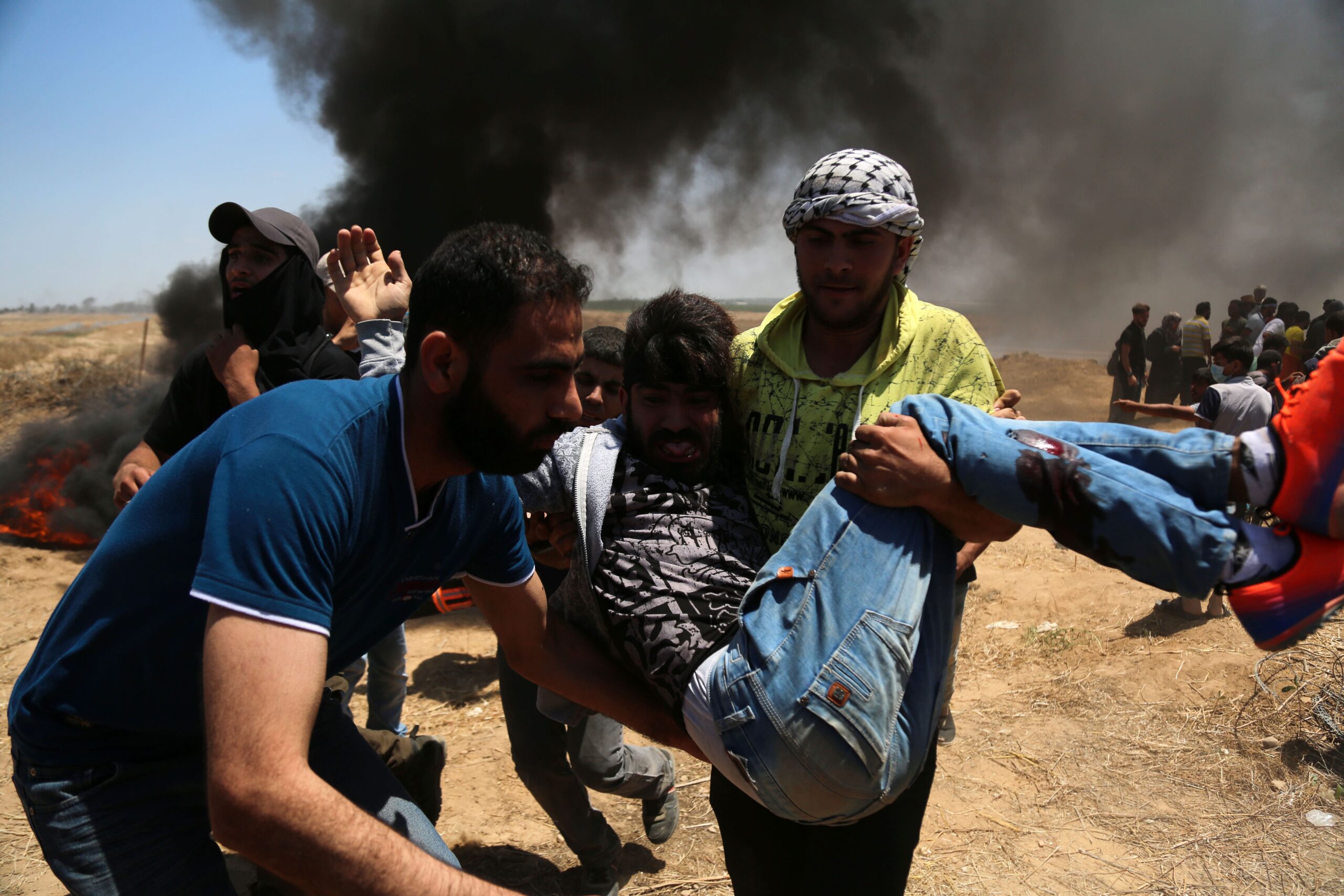
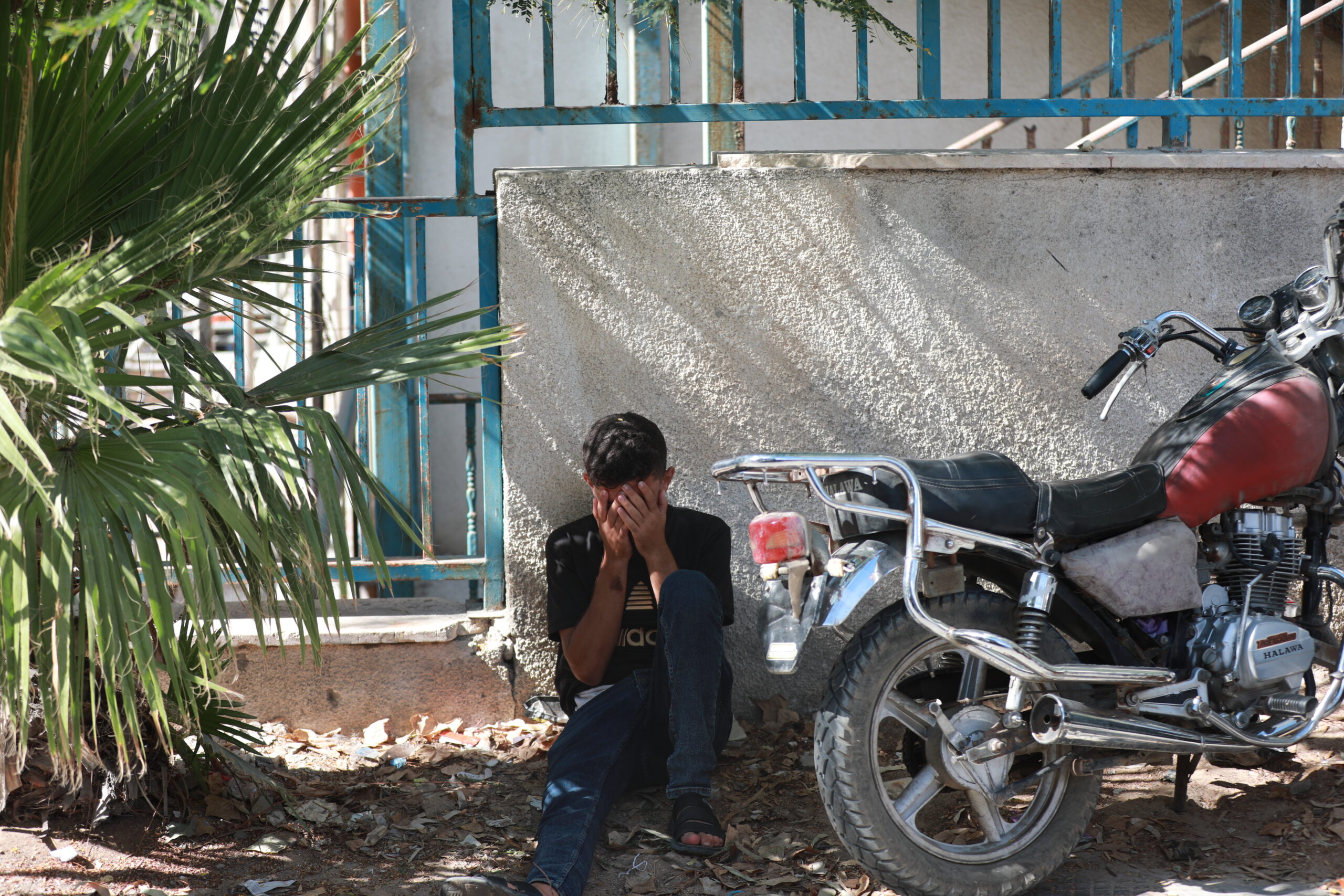
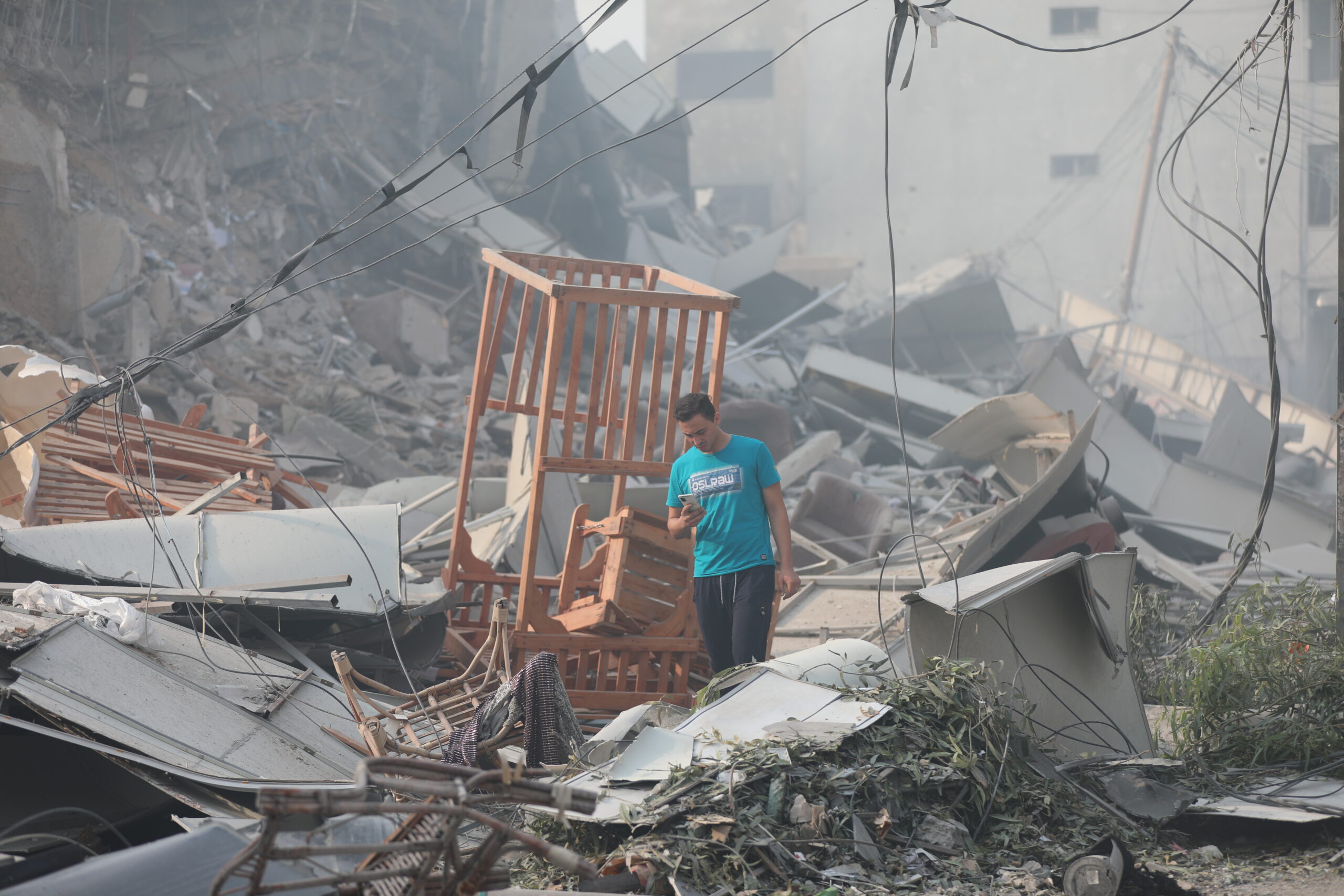
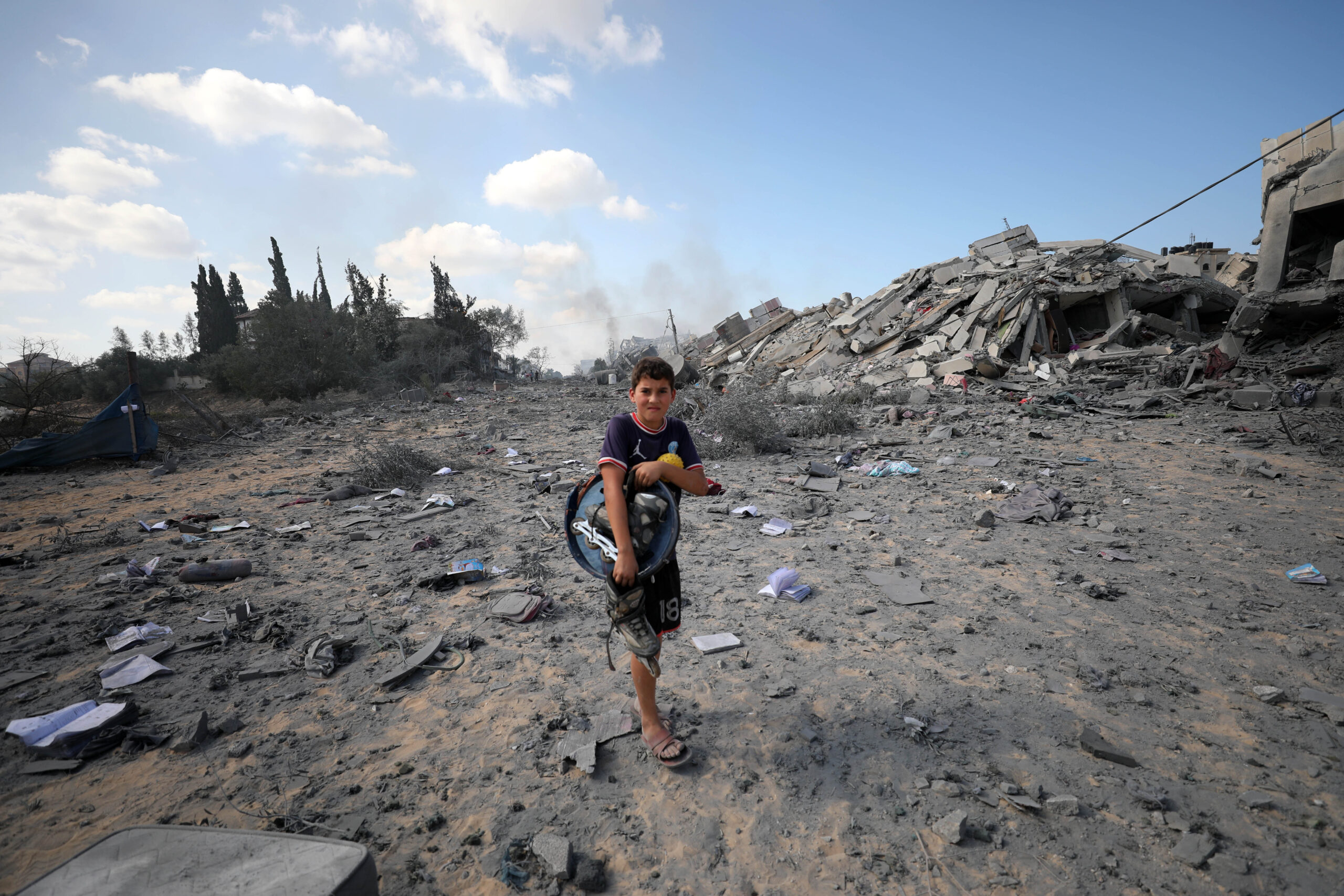
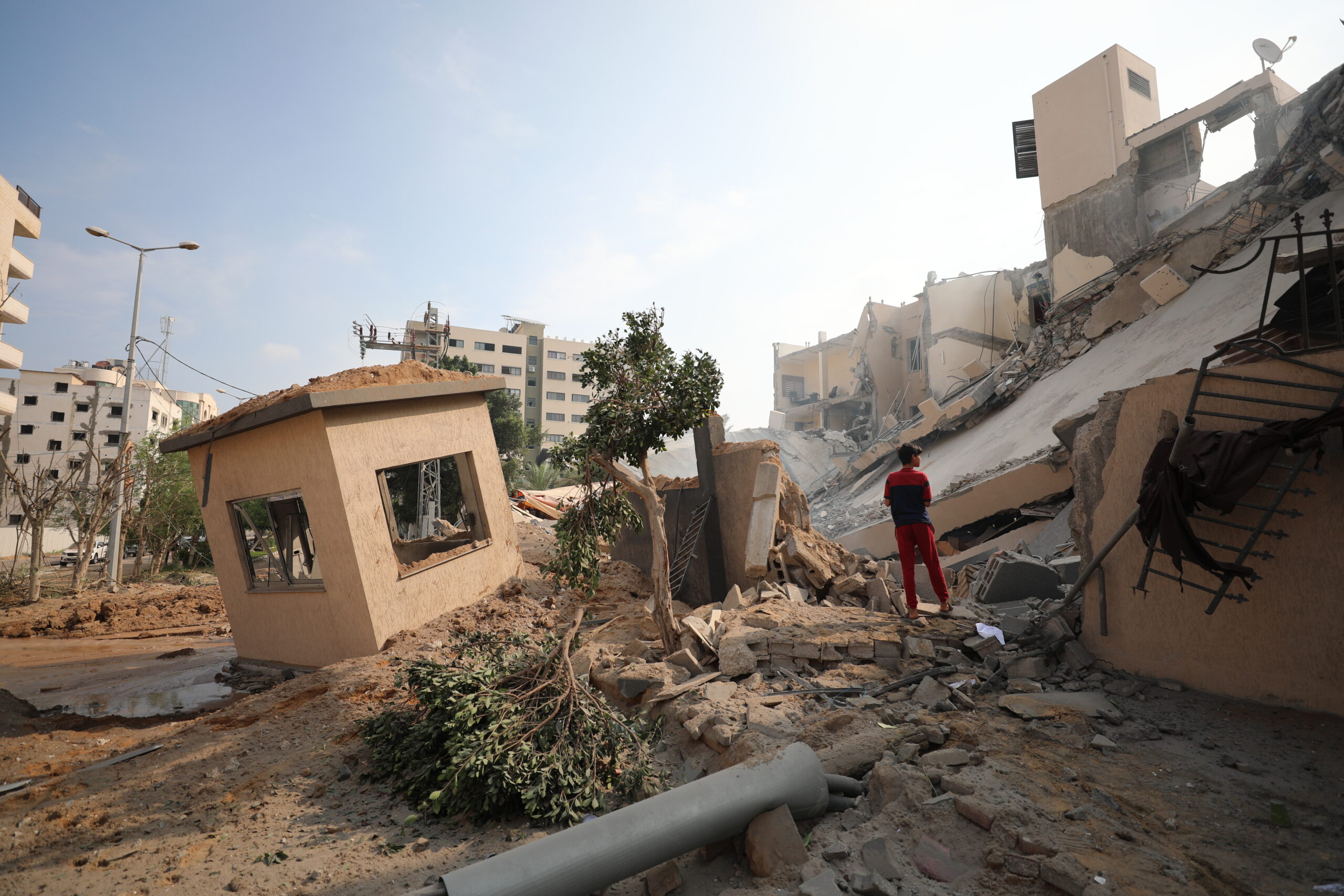

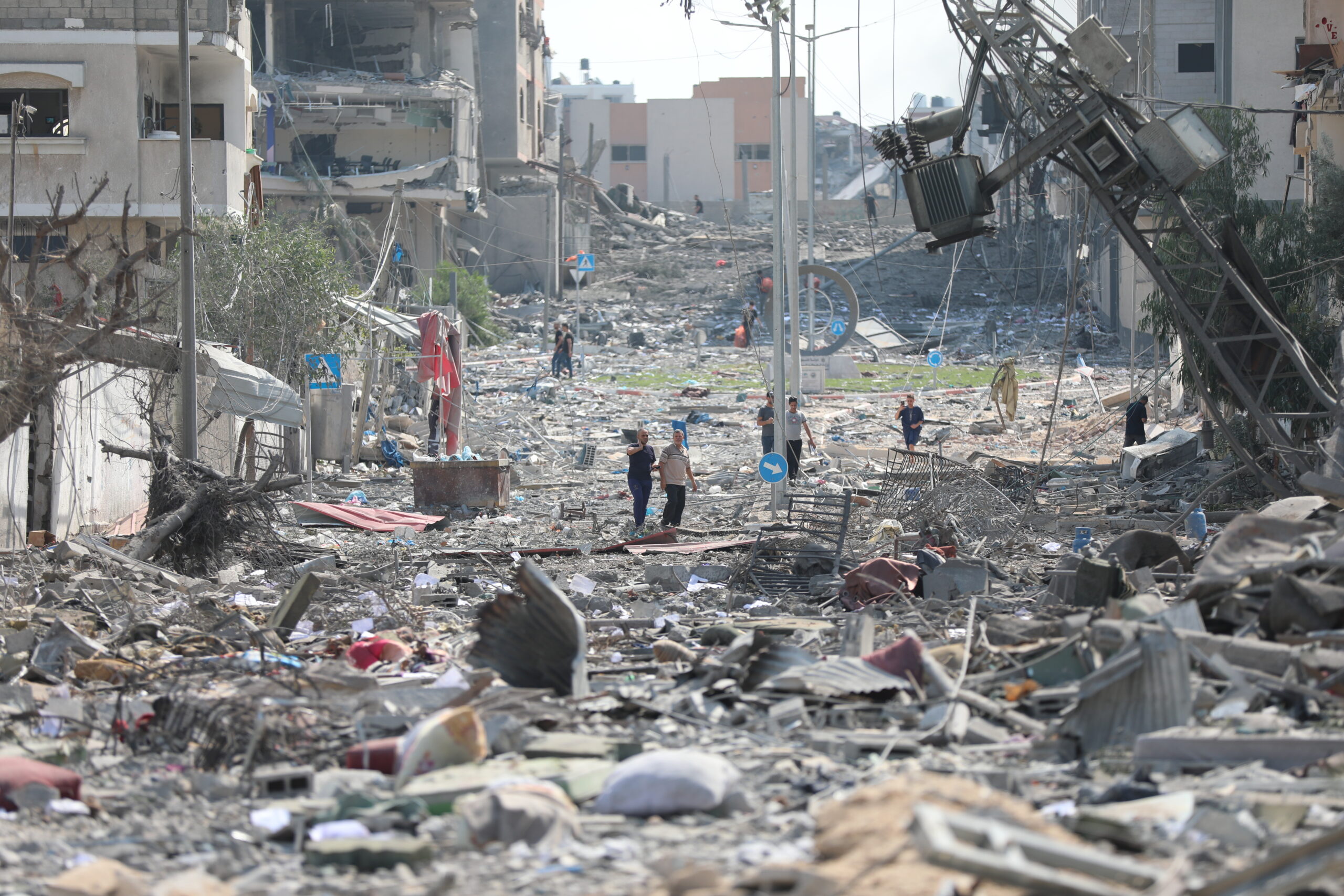
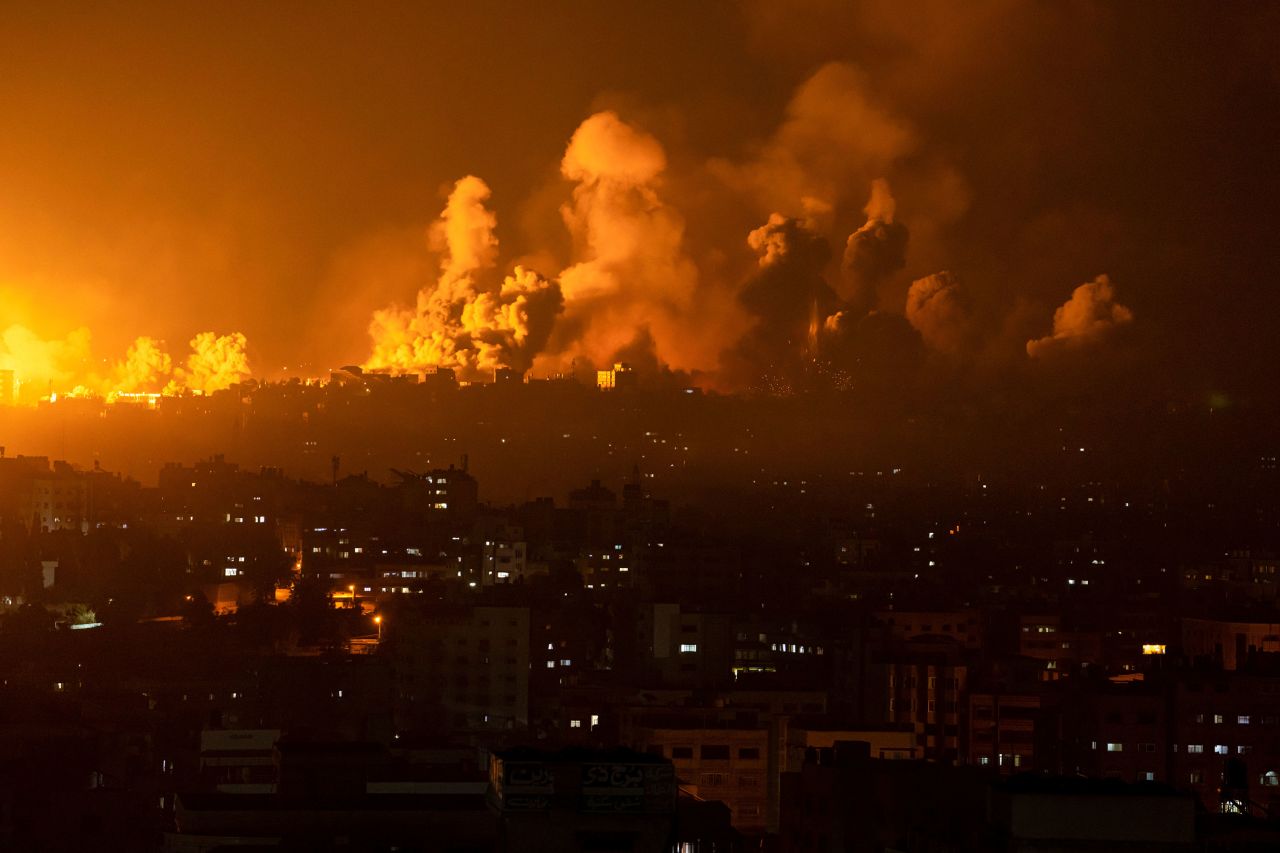
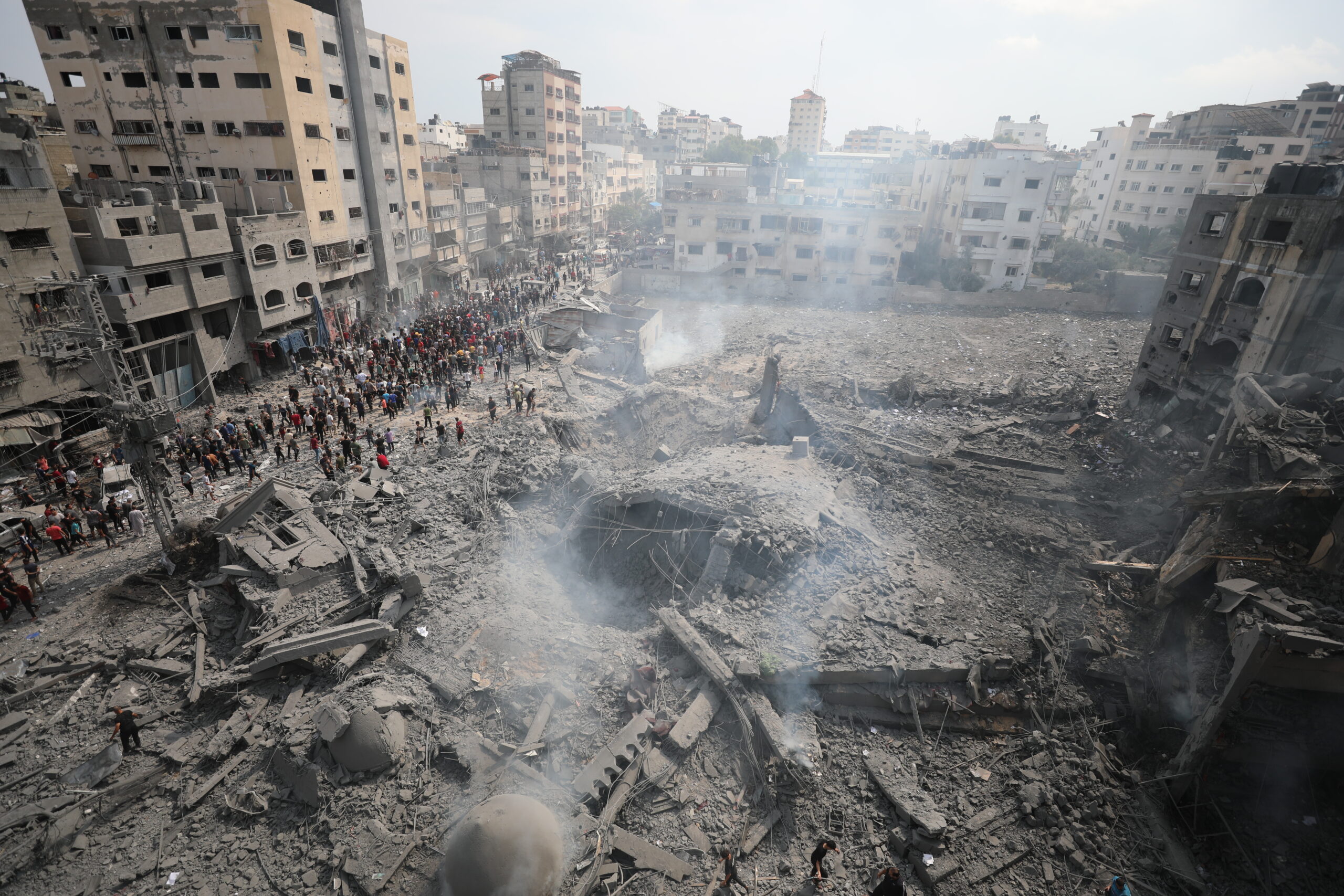
Islamic Relief has been working on the ground in Gaza since 1997. We have been there during previous conflicts and have stayed to assist with rebuilding communities.
From October 7th, we have been able to respond rapidly to the needs of Palestinians, distributing existing stocks of food packs, medical supplies, water tanks and more.
We have also been able to remain on the ground thanks to our global partnerships with NGOs such as the World Food Programme (WFP), which allows us to distribute aid to Gazans most in need daily, despite the difficulties, and are constantly trying to get more aid trucks in.
Israel’s “total siege” on Gaza is preventing food, medicine, fuel or other vital supplies from entering, aside from a few dozen aid trucks at the Rafah (Egypt) and Kerem Shalom border crossings.
Islamic Relief is working with NGOs such as the World Food Programme (WFP) to get aid into Gaza. Together, we have been able to remain on the ground, distributing life-saving supplies, including ready-to-eat meals, food packs, hygiene kits and blankets, to people in need directly within Gaza.
Despite the difficulties, we are able to successfully deliver aid into Gaza everyday. We are also constantly trying to get even more aid in and ensuring the most vulnerable members of Gaza’s population can receive urgent help first.
Despite the extremely difficult and dangerous situation, Islamic Relief is helping thousands of people in Gaza with vital aid including food, cash grants, water and hygiene kits, and warm materials.
Our teams are working closely with international NGOs and local partner organisations to ensure aid can enter Gaza and be distributed directly to those most in need.
We are delivering aid every day but the scale and location depend on the security situation, as the extremely heavy and indiscriminate bombing across Gaza means there is a high danger to our staff, our partners and the communities.
There are huge challenges with the current crisis. The World Food Programme (WFP) has indicated that there are some food and supplies left but these are likely to run out soon unless the small amount of aid getting in across the Rafah border crossing from Egypt can be scaled up.
UNRWA, the main UN agency providing humanitarian aid to the population of Gaza, has donated all its remaining stock of flour to bakeries across the Gaza Strip to enable them to produce bread at lower prices.
We, at Islamic Relief are also calling on the international community to ensure that adequate aid gets through the Egyptian border to help the people of Gaza. We have also been able to access some supplies to make hot meals.
Yes. We are still able to help families through our orphan sponsorship program, even in the current crisis when support is most needed and less easy to deliver.
The way we support our families is through a cash transfer onto a bank card, through IR staff visits, psychosocial support to the children, prioritising them as most vulnerable for hot meals, food parcels and other supplies, and prioritising them in other programs. In terms of other non-food items, we are providing hygiene and dignity kits, water, and sanitation facilities.
Through our partnership with the World Food Program (WFP), we are delivering emergency food supplies to Gaza. Together we cook daily hot and ready-to-eat meals for nearly 150,000 families who have fled their homes and are now living in overcrowded shelters, at risk of malnutrition and disease. Since the partnership began in early 2024, we have so far cooked and distributed over 7.5 million hot meals together.
We prioritise our orphan families in all these programs mentioned above. Where possible we are also implementing the Eid Gift Program, for Eid al-Fitr and Eid al-Adha.
There is a severe cash crisis, no cash has come into Gaza in 7 months, so there is a severe liquidity problem. Also, the number of functional banks is deteriorating. However, some shops are assisting by exchanging cash for the families. There is some semblance of functionality in some areas, and they are able to get cash.
Islamic Relief is using the World Food Programme (WFP) system and ATM cards for people to withdraw funds in Gaza, which is still operating in places where ATMs remain undamaged.
Each guardian has been issued with a bank card; the cash transfer happens through funds being logged onto the card. In ordinary circumstances, the funds would then be drawn and used for essentials such as medical needs, food etc. Currently, the payment system for Gaza is largely working. Transfers are going through, and the cards are working.
Currently, our local team on the ground are relatively safe and well, to the best of our knowledge. So far no Islamic Relief staff have been injured or killed, and we are doing all we can to support them at this time. Our main office in Gaza City was badly damaged by bombing – but fortunately, no staff were there at the time and no staff were harmed.
Like many people in Gaza, most of our staff have themselves had to flee their homes and are trying to keep themselves and their families safe at the same time as delivering lifesaving aid.
Islamic Relief has strict policies and processes in place to ensure that aid is used for its intended humanitarian purpose.
We fully screen all partner organisations before working with them, to make sure they are reputable. We also carry out in depth checks to ensure the quality of their work, what policies and processes they have in place to manage funds appropriately and safeguard people in the communities, and to ensure that partners subscribe to our humanitarian values.
This oversight, monitoring and quality control is done by an Islamic Relief team that is on the ground in Gaza. Our work in Gaza – as elsewhere around the world – has also been regularly audited by leading global auditors, to ensure that funds are going to people in need. Islamic Relief follows the recognised international sanction regimes such as UN Security Council.
Under normal circumstances, Islamic Relief staff and local partners carry out needs assessments and focus on communities that have the most need of emergency aid.
In the current context, all civilians in Gaza are vulnerable due to the lack of food, water and medical care. Around 1.7 million people have had to flee their homes and need support.
Islamic Relief is helping as many people as we can, and our response is targeting the most vulnerable such as people who are displaced, children, the elderly, people with disabilities and civilian casualties as much as possible.
No, Islamic Relief only provides aid to civilians. We do this in line with the humanitarian principles of impartiality, humanity and neutrality.
We undertake the most comprehensive screening of partner groups and their key officials against proscribed lists available to us by using screening software. We also undertake localised due diligence based on company information, press and peer intelligence.
Any organisation with which we partner must also adhere to an agreement covering areas such as risk management, publicity issues, child protection and terrorism.
We have committed ourselves to meeting various practice related compliance standards. The standards include those set by the Australian Council for International Development (ACFID) in Australia and the Core Humanitarian Standard (CHS) globally. We are also signatories to various commitments, including the Leave No One Behind UN Agenda and the Red Cross Code of Conduct. By committing to these standards, we are able to measure ourselves against best practice in the sector. We are also able to assure our supporters that we maintain the highest standards of accountability, transparency, and professionalism.
We have worked in the Occupied Palestinian Territory since 1997. We have a team of 17 staff – all of them Palestinians living in Gaza. A lot of our work and aid delivery is done in coordination with international and local humanitarian partner organisations.
We are calling for a ceasefire – an end to the siege to allow more aid to be delivered safely into Gaza and so communities can rebuild.
Yes, you can.
All funds directed at supporting Gaza will be used in Gaza, we have a dedicated fund, and donors can be assured that they will reach Gaza.
For the additional funds that are coming in and those we are unable to use at the moment, we are assessing opportunities to invest in long-term development programming, including rebuilding efforts.
Sustainable development programming is just as vital as providing emergency relief, so donors can be assured donations will be used to uplift communities in Gaza. Circumstances obviously do allow us to undertake any assessments in term of rebuilding.
Yes, our team in Gaza works with a range of local humanitarian partner organisations who have extensive experience in delivering emergency aid and long-term development in the region.
We also coordinate closely with other international humanitarian organisations and UN agencies to make the overall humanitarian response as effective and coordinated as possible. For instance, our partnership with the World Food Programme allows our teams to distribute food items directly within Gaza, delivering ready-to-eat meals to civilians sheltering in schools without kitchens.
People’s needs change as the context changes, so we make sure that any aid we deliver is based on regular and thorough needs assessments and consultations with communities.
The team will assess what is possible at the time – this will depend on the security situation and whether it is safe for staff to collect content. The safety of our staff and partners is the priority.

Living through a Ramadan like no other, an Islamic Relief aid worker in Gaza mourns and reflects on Ramadans gone by.
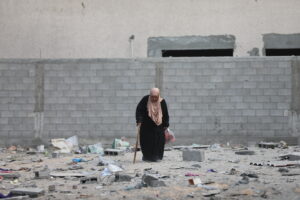
How does the needs vs rights debate apply to women in humanitarian crises? Islamic Relief calls for more aid to cover women’s basic needs.
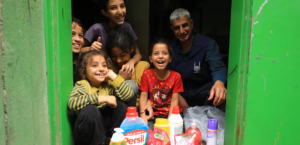
In the ongoing Gaza crisis, an Islamic Relief aid worker on the ground reflects on the ways people are reacting to the desperate situation.